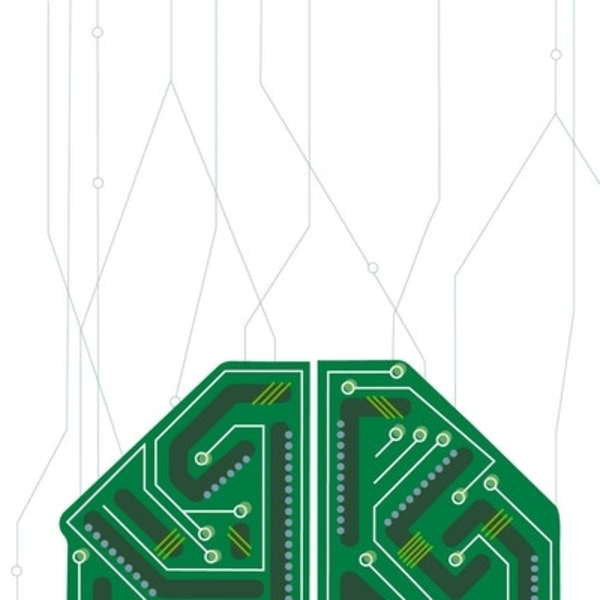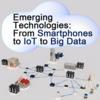Price:
6984 EUR
Contact
University of Alberta
Description
In this course, you will learn about several algorithms that can learn near optimal policies based on trial and error interaction with the environment---learning from the agent’s own experience. Learning from actual experience is striking because it requires no prior knowledge of the environment’s dynamics, yet can still attain optimal behavior. We will cover intuitively simple but powerful Monte Carlo methods, and temporal difference learning methods including Q-learning. We will wrap up this course investigating how we can get the best of both worlds: algorithms that can combine model-based planning (similar to dynamic programming) and temporal difference updates to radically accelerate learning.
By the end of this course you will be able to:
- Understand Temporal-Difference learning and Monte Carlo as two strategies for estimating value functions from sampled experience
- Understand the importance of exploration, when using sampled experience rather than dynamic programming sweeps within a model
- Understand the connections between Monte Carlo and Dynamic Programming and TD.
- Implement and apply the TD algorithm, for estimating value functions
- Implement and apply Expected Sarsa and Q-learning (two TD methods for control)
- Understand the difference between on-policy and off-policy control
- Understand planning with simulated experience (as opposed to classic planning strategies)
- Implement a model-based approach to RL, called Dyna, which uses simulated experience
- Conduct an empirical study to see the improvements in sample efficiency when using Dyna
Specific details
Category of Education
Computer Sciense and IT







 How to resolve AdBlock issue?
How to resolve AdBlock issue? 


Comments (0)